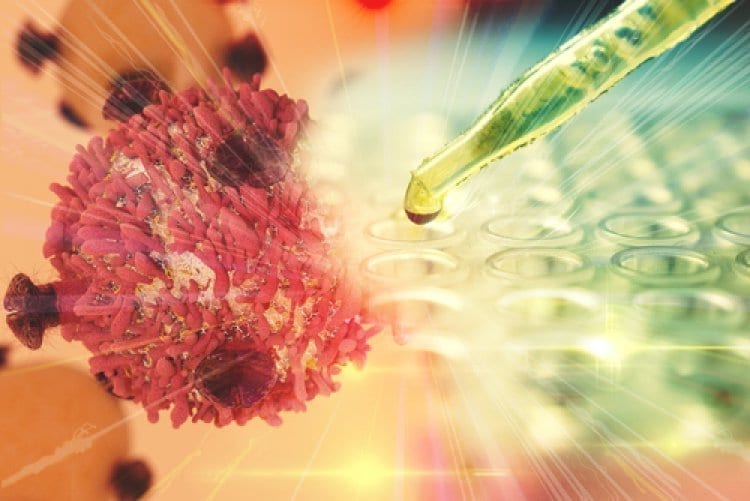It is well known that if a stroke is detected on time proper medication can minimize the damage caused by the stroke. In Madrid, researchers discovered this to be true also with heart attacks and found an inexpensive drug that’s been around for almost 40 years that minimizes damage to the heart after a heart attack.
Metoprolol is a drug available since 1969 which suppresses adrenaline and lowers blood pressure in that way. CNIC which is the Center for Cardiovascular Investigation of Carlos the Third in Madrid discovered that this drug reduces the damage caused by a heart attack to the heart. A heart attack is usually caused by a major blockage of an artery to the heart cutting off the supply of blood to the heart muscle and causing it to fail.
When the heart fails medicine dictates that you get the arteries clear so the heart can get its blood supply as fast as possible. The problem is that when the arteries get cleared blood starts going back into the heart. So what’s wrong with that? Neutrophils which are a type of white blood cells fight the body’s infections. But when they enter the newly re-opened and freshly damaged heart they seek to link with the platelets in the blood to infiltrate and close up the damaged tissue. The problem is this kills those heart muscle cells and causes the damage to stay permanently instead of allowing the weakened cells to heal, according to researcher and author Jaime García-Prieto.
Co-author Borja Ibáñez says Metoprolol stops the white blood cells from uniting with the platelets and through that the damage to the heart tissue is minimized and the cells are allowed to heal.
Restoring the blood supply to the heart remains a priority in the treatment of a heart attack but now we know that if we prepare the heart by first administering Metoprolol we can minimize the damage caused by the heart attack, according to co-author and cardiologist Dr. Antonio Fernández-Ortiz.
Source: CNIC





